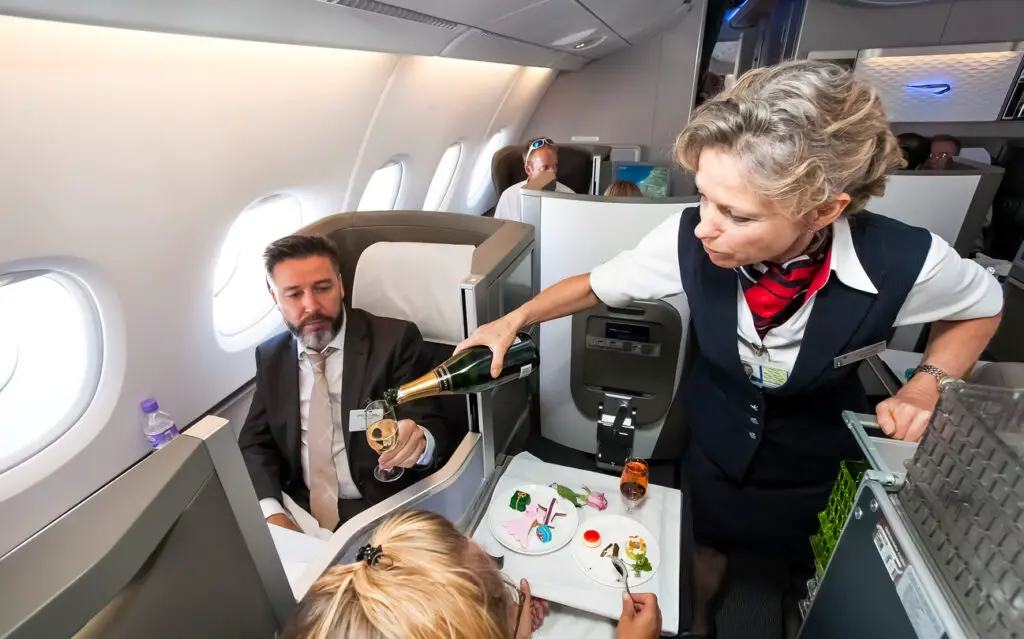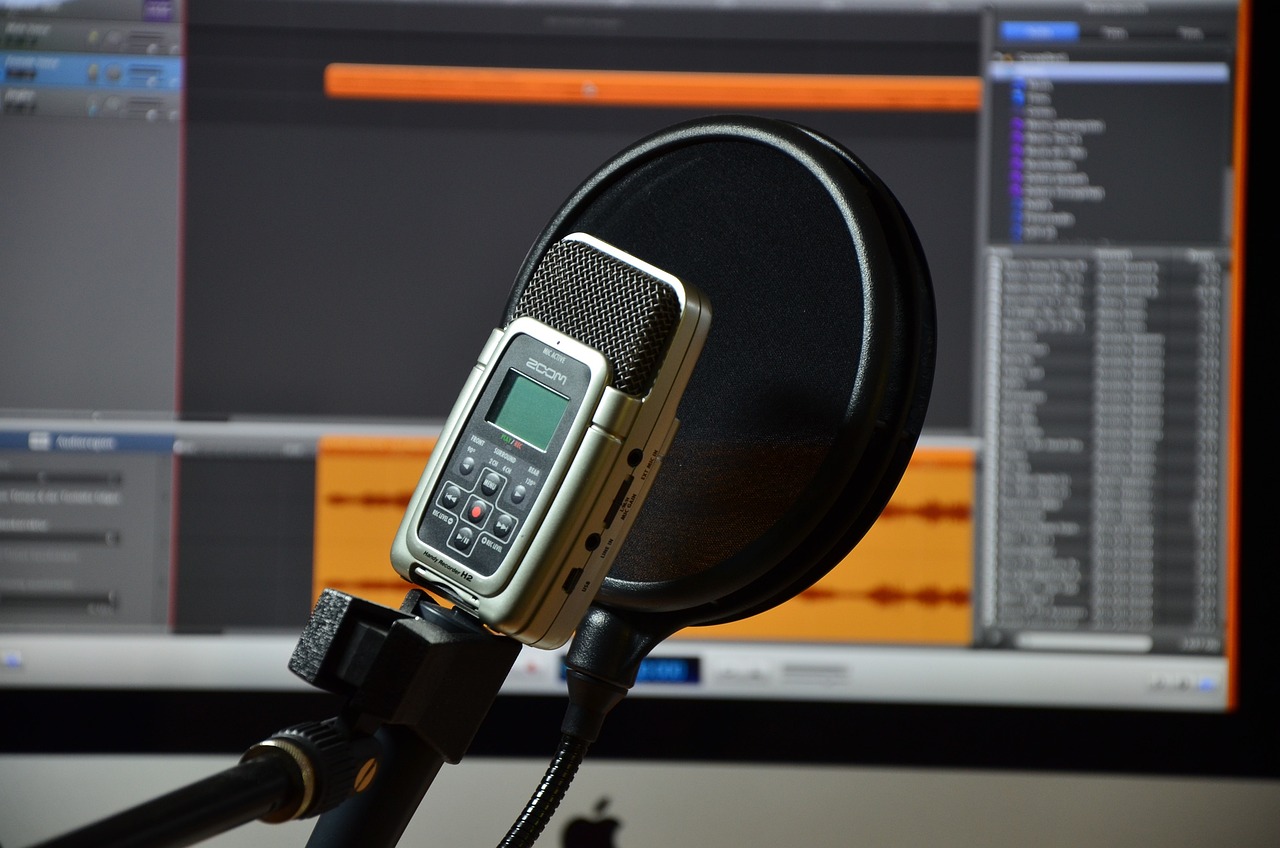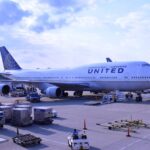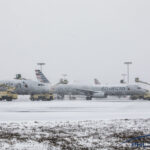Becoming a flight attendant is a dream job for many, offering an opportunity to travel the world while providing customer service and ensuring passenger safety. However, this position comes with specific requirements that potential candidates must meet. Here’s a comprehensive overview of the essential requirements for becoming a flight attendant.
Educational Requirements
Most airlines require flight attendants to have a high school diploma or GED. However, some prefer candidates with higher education or degrees in hospitality, communication, tourism, or related fields. This additional education can provide valuable skills in customer service and communication.
Age and Legal Requirements
Candidates must be at least 18 years old, but some airlines might set the minimum age at 21. Additionally, being able to work in the country where the airline is based is crucial. For U.S.-based airlines, for example, candidates must be authorized to work in the United States.
Language Skills
Fluency in English is typically required, both written and spoken. However, knowing additional languages can be a significant advantage, especially for international airlines or routes.
Physical Requirements
Due to the nature of the job, certain physical requirements must be met. These often include a minimum and maximum height, ability to reach overhead bins, and a generally good physical condition to perform duties like lifting luggage or standing for extended periods. Some airlines might also have specific requirements regarding appearance, like tattoos and piercings.
Customer Service Experience
Previous experience in customer service can be highly beneficial. This experience helps candidates demonstrate they have the necessary skills to handle various situations and cater to passengers’ needs effectively.
Passing a Background Check and Drug Test
Flight attendants must pass rigorous background checks and drug testing. These checks are crucial for ensuring the safety and security of passengers and crew members.
Training and Certification
Once hired, candidates must complete the airline’s training program, which typically lasts several weeks. This training covers emergency procedures, first aid, CPR, and other safety protocols. After successfully completing training, candidates receive a Certificate of Demonstrated Proficiency from the Federal Aviation Administration (FAA) in the U.S., or equivalent certification from relevant authorities in other countries.
Flexibility and Adaptability
The role of a flight attendant requires flexibility in terms of working hours, as it often includes nights, weekends, and holidays. Adaptability to changing schedules and the ability to handle unexpected situations are also crucial.
Soft Skills
Soft skills such as excellent communication, teamwork, diplomacy, and a friendly demeanor are essential. Flight attendants are the face of the airline and play a key role in the overall passenger experience.
Health and Stamina
Maintaining good health and having the stamina to cope with the physical demands of the job, such as working in different time zones and handling the pressure of emergencies, is vital.
In summary, becoming a flight attendant requires a mix of educational qualifications, physical and legal requirements, skills in customer service and communication, as well as the ability to pass rigorous training and certification processes. It’s a demanding but rewarding career that opens doors to a world of travel and diverse human interactions.
Personal Grooming and Professional Appearance
Airlines often have strict guidelines on personal grooming and professional appearance. This can include regulations on uniform standards, hairstyles, makeup, and jewelry. It’s important for flight attendants to present a neat and professional image, as they represent the airline’s brand.
Medical Evaluation
In some cases, flight attendants may need to pass a medical evaluation. This is to ensure they don’t have any medical conditions that could hinder their ability to perform their duties safely. The evaluation might include vision and hearing tests, as well as overall physical health assessments.
Swimming Skills
Since emergency landings on water are a possibility, many airlines require flight attendants to be able to swim. This is often tested during the training period, where candidates may need to demonstrate their ability to swim a certain distance and tread water for a specific time.
Passport and Travel Documents
Having a valid passport and being able to obtain necessary visas is crucial for flight attendants, especially for those working on international routes. This ensures they can freely travel to the destinations served by the airline.
Continuous Training and Recertification
The aviation industry is constantly evolving, and flight attendants must stay updated with the latest safety protocols and customer service practices. This means ongoing training and, in some cases, periodic recertification to ensure they maintain their skills and knowledge.
Emotional Intelligence
The ability to manage one’s own emotions and understand and respond to the emotions of others is critical in this role. Flight attendants often deal with stressed or upset passengers and must be able to maintain composure and resolve conflicts effectively.
Attention to Detail
A keen attention to detail is essential for ensuring passenger safety and complying with aviation regulations. Flight attendants must be able to follow procedures meticulously and notice if something is amiss.
Adaptability to Lifestyle
Being a flight attendant often means irregular work schedules, spending days away from home, and adjusting to different time zones. Candidates must be ready to adapt to this lifestyle and manage the challenges it brings, such as maintaining relationships and personal well-being.
Cultural Sensitivity
In an increasingly globalized world, flight attendants encounter passengers from diverse cultural backgrounds. Being culturally sensitive and respectful is crucial in providing excellent customer service and creating a welcoming environment onboard.
Becoming a flight attendant is more than just a job; it’s a lifestyle choice that demands a unique set of skills and attributes. From meeting educational and physical requirements to possessing strong interpersonal skills and adaptability, the role requires a comprehensive set of capabilities. For those who meet these requirements, a career as a flight attendant offers unparalleled opportunities to explore the world and connect with people from all walks of life.
FAQs on Becoming a Flight Attendant
How long does it typically take to become a flight attendant?
The time it takes can vary depending on the airline. Once you meet the basic requirements, the hiring process, including interviews and background checks, can take a few weeks to several months. The training program, which is mandatory after being hired, typically lasts from 4 to 8 weeks.
Do I need to know how to swim to become a flight attendant?
Yes, most airlines require basic swimming skills. You don’t need to be an expert swimmer, but you should be able to swim a certain distance and tread water, as these skills are crucial for emergency situations.
Can I be a flight attendant if I have tattoos?
This depends on the airline’s policy. Many airlines do not allow visible tattoos while in uniform. Some may allow tattoos if they can be covered by the uniform or with makeup.
Is there a weight requirement for flight attendants?
While there isn’t typically a specific weight requirement, flight attendants need to have a healthy weight that allows them to move comfortably through the cabin, fit in the jump seat without any extensions, and carry out emergency procedures.
How important is customer service experience in becoming a flight attendant?
It’s very important. Experience in customer service can greatly enhance your chances of being hired as it demonstrates your ability to handle various situations and meet customer needs effectively.
Do flight attendants get to travel for free?
Yes, one of the perks of being a flight attendant is free or discounted travel. However, this can vary by airline and usually involves flying on a space-available basis.
Are flight attendants required to relocate?
This depends on the airline and your assigned base. Some flight attendants may need to relocate, while others can commute. It’s important to consider this aspect when applying to different airlines.
How physically demanding is the job of a flight attendant?
The job can be physically demanding. It involves standing for long hours, lifting luggage, dealing with turbulence, and working in confined spaces. Good physical fitness is essential.
Can I work as a flight attendant if I have a fear of flying?
This can be challenging, as the job requires frequent flying. However, some people with a mild fear of flying manage to overcome it through exposure and experience in the job.
What is the career progression like for a flight attendant?
Career progression can involve moving up to senior flight attendant, purser, or into training and management roles. Some flight attendants also transition into other roles within the airline industry.
How do I prepare for a flight attendant interview?
Research the airline, understand their culture and values, practice common interview questions, and be prepared to demonstrate your customer service skills and explain why you want to be a flight attendant.
Is age a factor in becoming a flight attendant?
While the minimum age is typically 18 or 21, there is no maximum age limit for becoming a flight attendant. As long as you meet the other requirements and can perform the job duties, age should not be a barrier.
By understanding these frequently asked questions, aspirants can gain a clearer view of what the role entails and what they need to focus on to pursue a career as a flight attendant.














